Monday September 8, 2025 7:33 pm
Monday September 8, 2025 7:33 pm
ECONOMYNEXT – Sri Lanka Foreign Minister Vijitha Herath told the United Nations Human Rights Council (UNHRC) on Monday that it remains committed to addressing past rights concerns through its own domestic mechanisms rather than accepting external interventions.
Speaking during the 60th Session of the Council in Geneva, the Sri Lankan delegation stressed that President Anura Kumara Dissanayake’s government, elected almost a year ago, is already implementing reforms to promote accountability, reconciliation, and good governance.
Delivering the country statement on September 8, Minister Herath said the government had embarked on “a historic journey towards transformational change” since assuming power in late 2024.
Highlighting progress in democracy, inclusion, and rights protection, he underscored that the administration’s approach to human rights was “not merely driven by the need to comply with the Human Rights Council,” but stemmed from principles shaped by Sri Lanka’s own political experience.
“Our commitment… arises from our genuine belief in the fundamental importance of human rights and the need to ensure the rights and well-being of our own people,” he said in his statement.
“We are also committed to ensuring that any person alleged to have committed any unlawful act is investigated, prosecuted and brought before courts through an independent national process, irrespective of their social status, background or any other ground.”
“In keeping with this policy, proactive measures have been taken to investigate and prosecute alleged violations of laws, irrespective of the background of the persons concerned. All of you observing the developments in Sri Lanka would have witnessed several examples in this regard.”
The government has pointed to reforms already underway, such as the drafting of a new counter-terrorism law to replace the controversial Prevention of Terrorism Act (PTA), a proposed Organised Crime Bill, and amendments to the Online Safety Act amid continuous concerns from the UN and international community over those laws.
New rights-focused legislation on domestic violence, children, and disability is also being prepared, Herath said.
At the same time, Colombo also highlighted its anti-corruption drive, the launch of the Clean Sri Lanka program to reshape political culture, and initiatives to empower vulnerable communities, including plantation workers and persons with disabilities.
On reconciliation, the government cited measures such as reopening roads in the Northern Province after decades, inviting Tamil-speaking youth to join the police, strengthening the Office on Missing Persons and the Office for Reparations, and committing Rs. 375 million in additional funding to accelerate inquiries into disappearances.
It also confirmed that a Truth and Reconciliation Commission (TRC) process had been set in motion, while land releases to civilians continued, with the government pledging to return all lands not deemed essential for security.
The statement sought to counter international criticism of Sri Lanka’s accountability record by pointing to independent investigations into mass graves, new prosecutions on corruption, and a judiciary that has demonstrated independence in recent rulings.
Sri Lanka rejected the UN High Commissioner for Human Rights’ suggestion of an external accountability process such as the Sri Lanka Accountability Project.
Colombo warned that such international mechanisms could undermine trust and create fresh divisions within society.
“External action will only serve to create divisions, thereby jeopardising the genuine and tangible national processes already in motion,” the Minister said, insisting that space should be given for domestic solutions to mature.
President Dissanayake administration has presented itself as a break from past governments accused of shielding alleged war crimes and stifling dissent.
It emphasized its inclusive political mandate, with significant representation from minority communities and women in Parliament, and pointed to free and fair elections without violence or misuse of state resources as evidence of a changing political culture.
Internationally, Sri Lanka underlined its cooperation with the UN system, including the High Commissioner’s visit to Colombo in June 2025, which officials said allowed him to witness “the real momentum of change across all segments of society.”
However, the government urged UNHRC member states to recognize the sincerity of its efforts and support domestic processes rather than impose external accountability.
“We urge that all of you assist us in seizing this historic opportunity to advance the rights and well-being of all Sri Lankans through our own domestic processes,” the Foreign Minister said, reaffirming Colombo’s opposition to international mechanisms but promising continued reform at home. (Colombo/September 08/2025)
Continue Reading

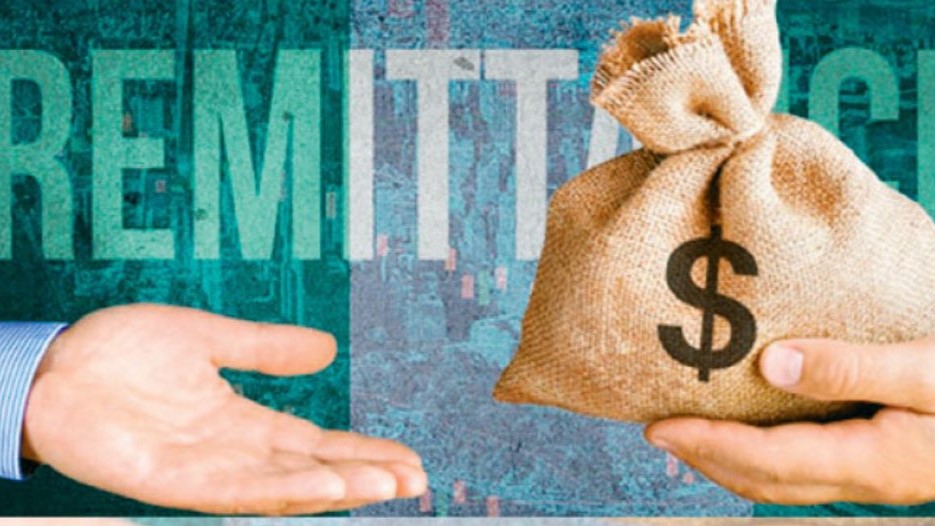
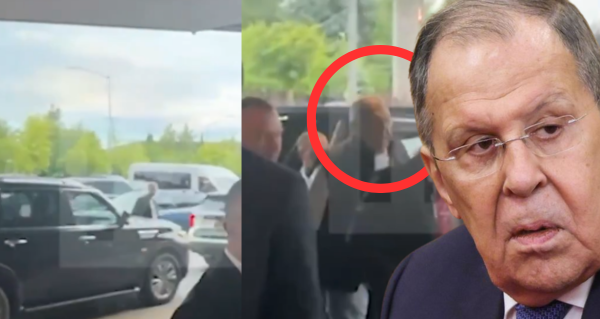
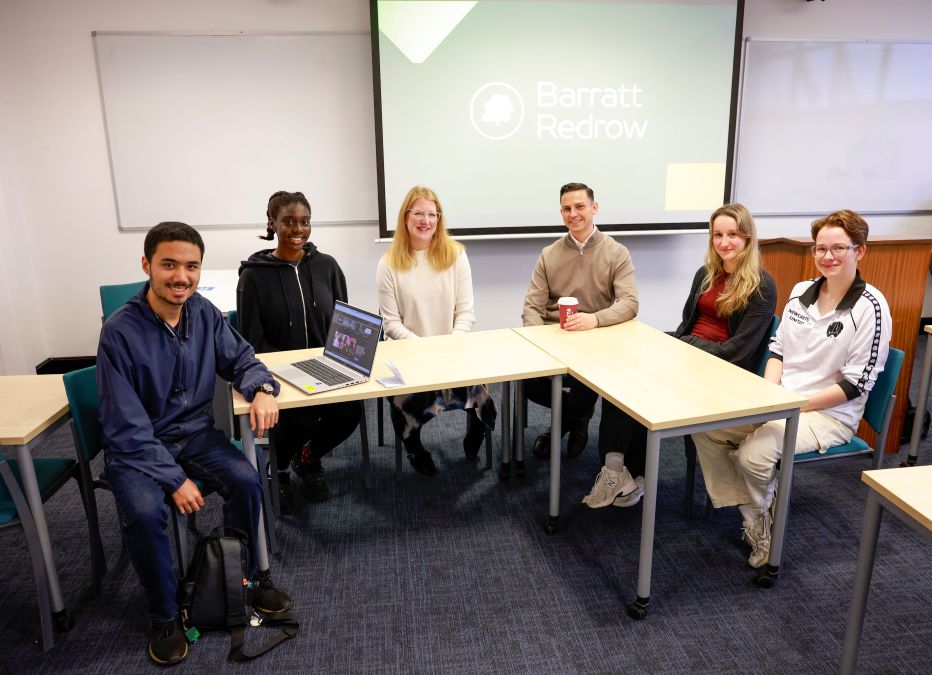
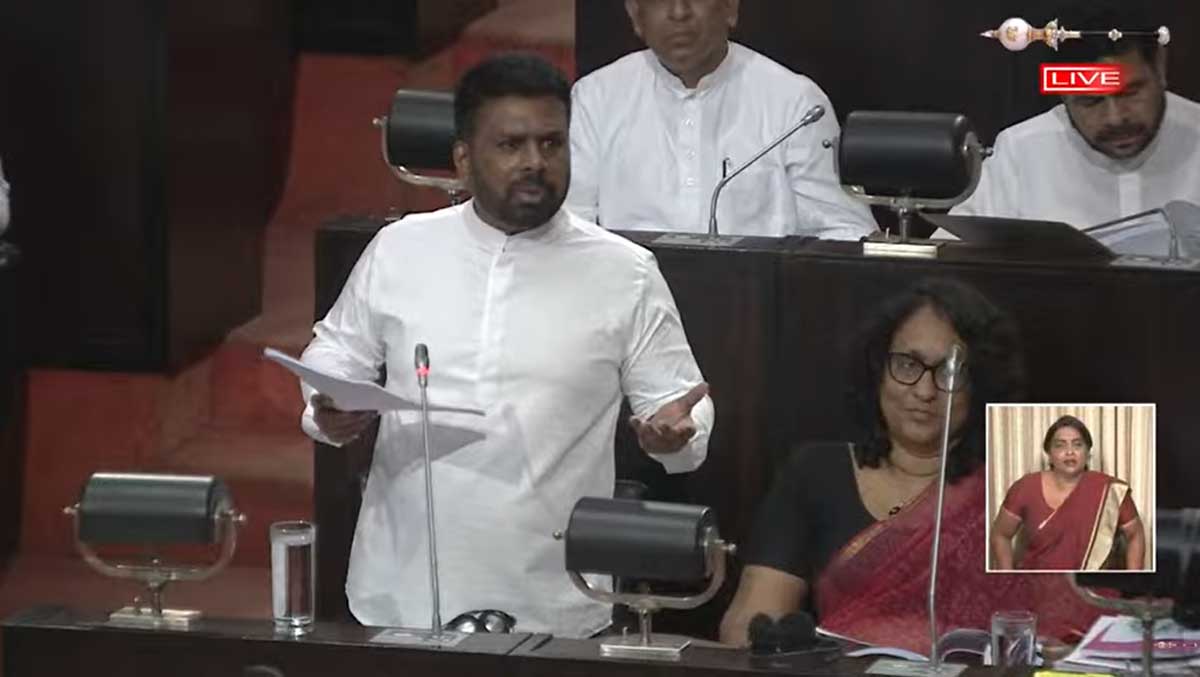

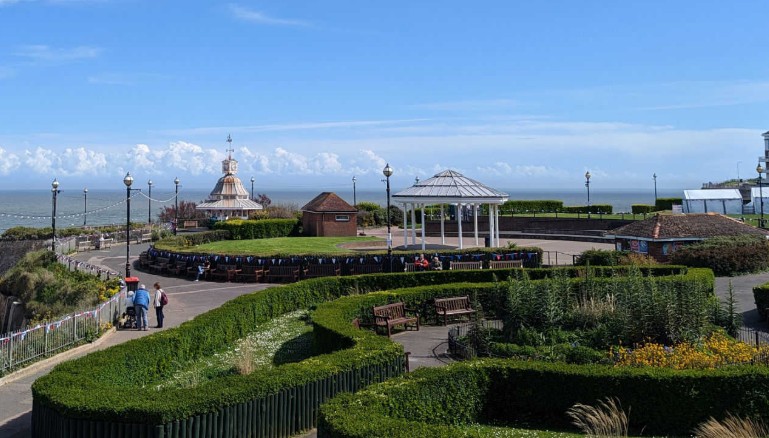
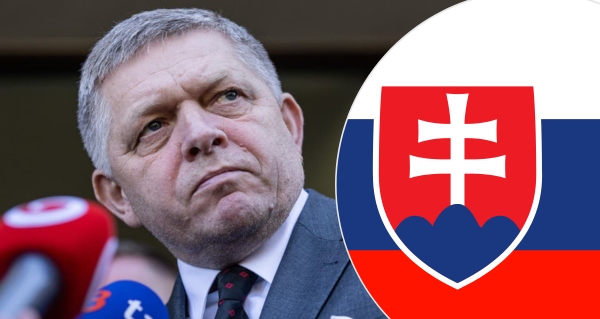
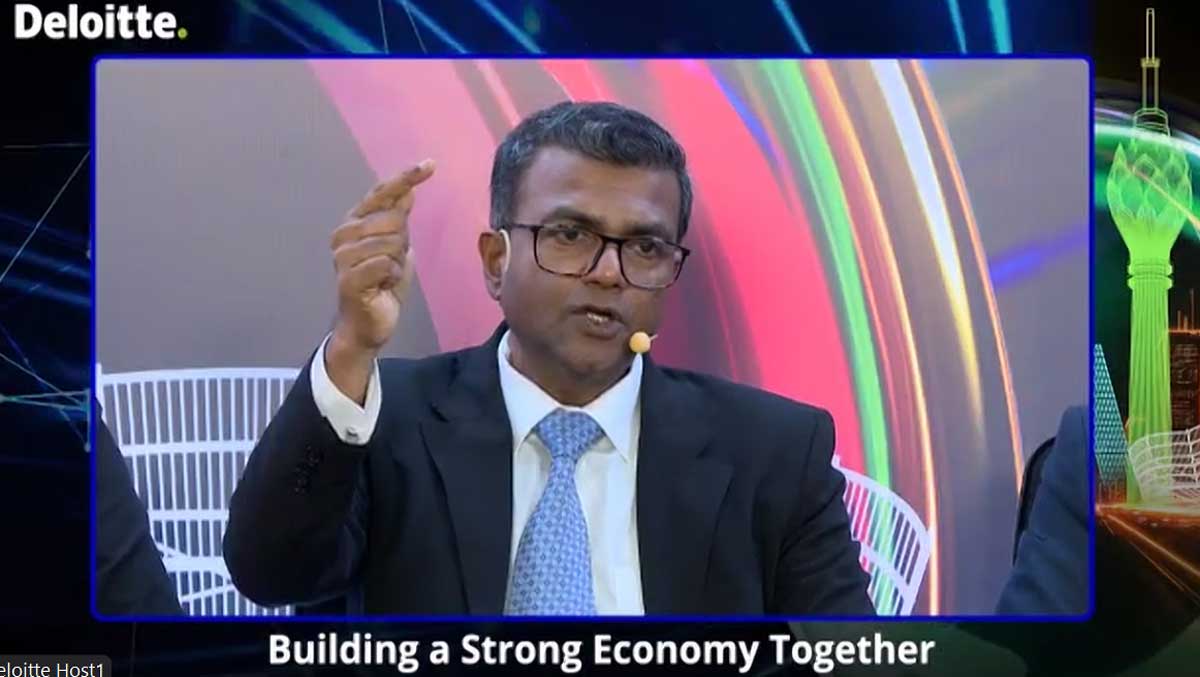
Leave a Reply